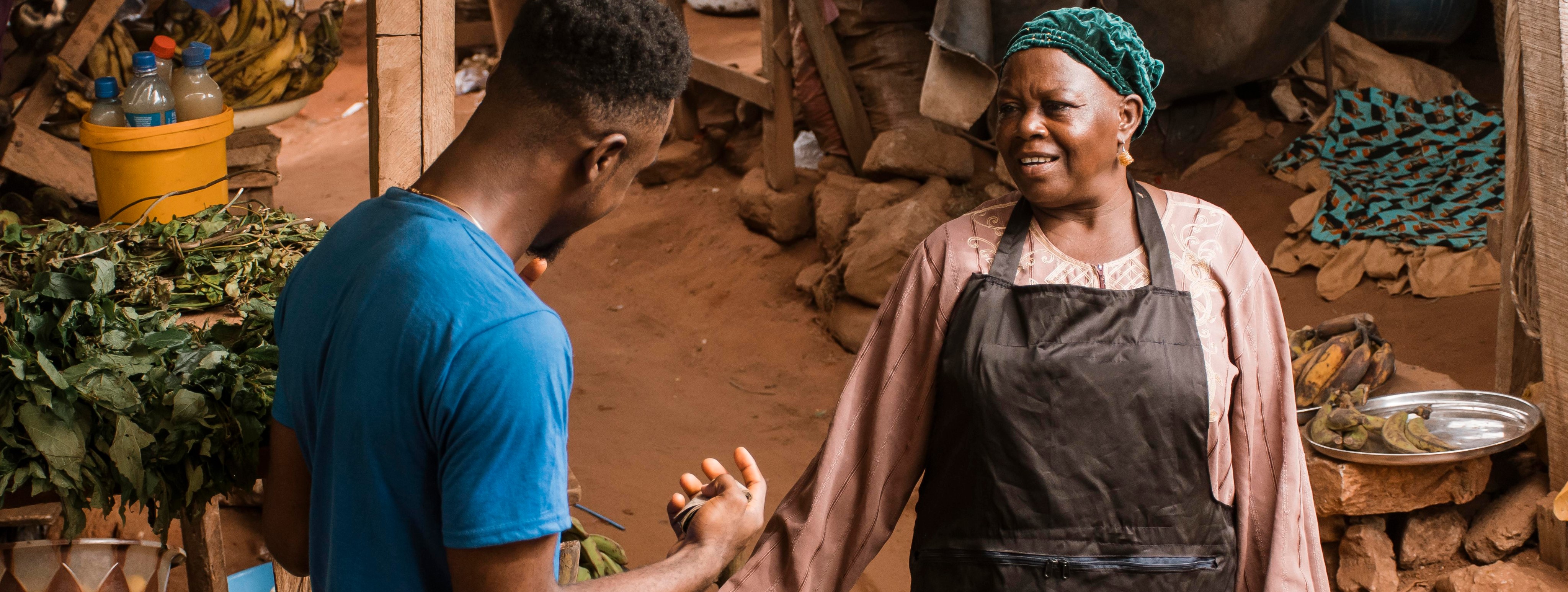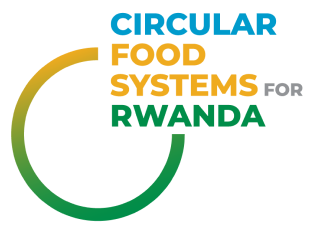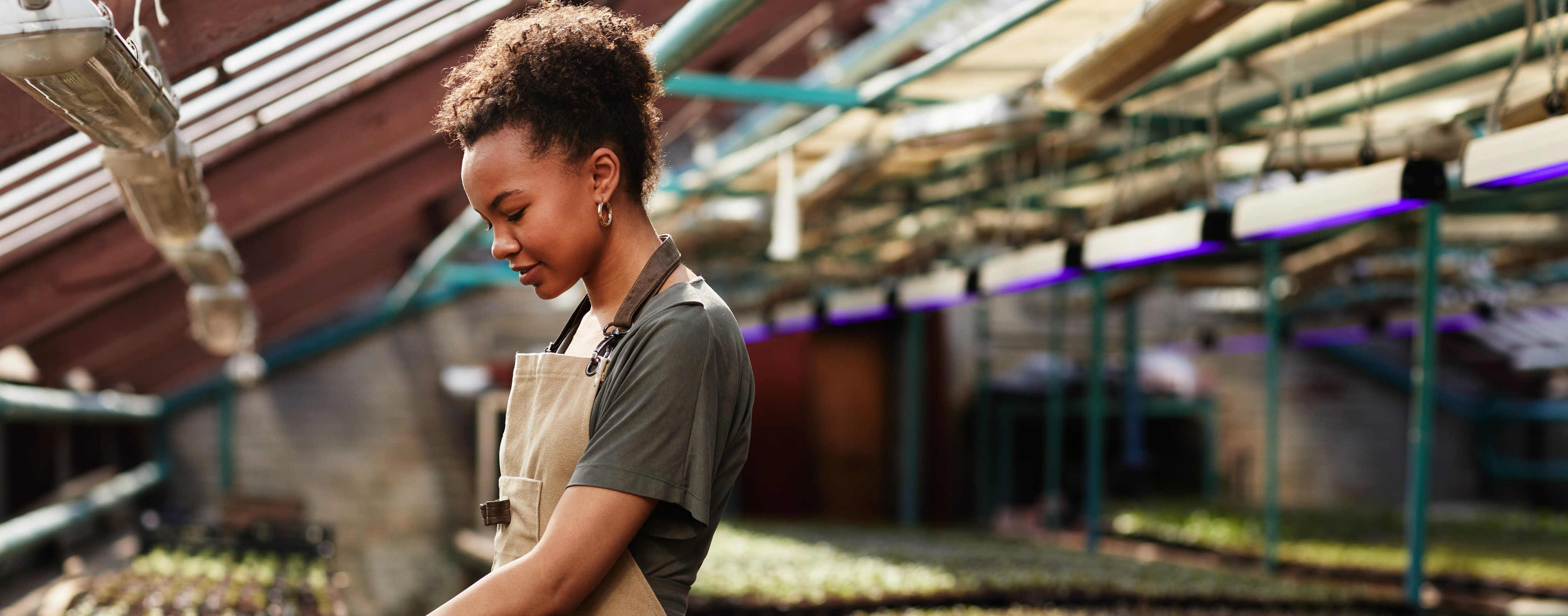
Introducing the first cohort of entrepreneurs accepted to the Technical Assistance Facility
Across Africa, an estimated 100 million people faced catastrophic levels of food insecurity in 2020. The latest data show that 40.2 million people in Central and Southern Africa, 32.9 million in East Africa, and 24.8 million in West and Sahel Africa faced food crisis and starvation.
At the same time, sub-Saharan Africa loses significant amount of food, with grains alone accounting for $4 billion a year. This is more than the value of total food aid received in sub-Saharan Africa over the past decade, and equivalent to the annual value of cereal imports. Reducing food loss and waste is essential to achieve a sustainable food future in Africa and globally. We need to move towards circularity and zero-waste principles in all areas of the food value chain, from production to consumption.
The Circular Food Systems for Rwanda program, funded by the IKEA Foundation, seeks to create a circular economy for food and promote sustainable food systems in Rwanda. The program is working to translate global ambitions of a circular economy on food systems into real outcomes.

Rwanda has the unique opportunity to revolutionize its food systems through a circular economy. More than 70% of its population are involved in agriculture, with six million of them being small scale producers. The sector accounts for 33% of the country’s GDP. At the same time, UNEP’s Food Waste Index 2021 report estimates that Rwanda wastes a staggering 164kg of food every year. A transition to a circular economy could dramatically improve the economic, social, and environmental impacts of the food system.
Small and medium enterprises (SMEs) are the backbone of Rwanda’s economy, providing 41% of private sector jobs. The Rwandan Ministry of Trade & Industry reports that 98% of businesses in the country are small and medium enterprises.
They have the opportunity to capture meaningful market share in newly emerging circular food systems. However, SMEs lack sufficient resources and capacity.

The Circular Food Systems for Rwanda Program, through its Technical Assistance Facility, provides SMEs with access to education, technical assistance, and networking opportunities to help them build and sustain successful circular business models.
In June 2023, the application process for the first cohort of the Technical Assistance Facility opened. Seventy-five applicants from across Rwanda applied and seven were chosen to receive technical assistance provided through the Technical Assistance Facility. Selected SMEs will be paired with technical assistance providers in their sector to receive the support they need to grow their businesses and explore circular economy opportunities in their country.


Meet the Seven SMEs: from sustainable agriculture to innovative technology, these entrepreneurs are making an impact and driving positive change.
Meet the 1st CIRF Cohort SMEs
In this short film, you can meet the SMEs from the first cohort and see the real-life impact the project is having on these enterprises. The CIRF Project connects small and medium enterprises working across Rwanda's agricultural and food sectors with technical assistance providers (TAP). The TAPs work closely with SMEs to design bespoke collaborations to help them adopt and scale circular business models.
